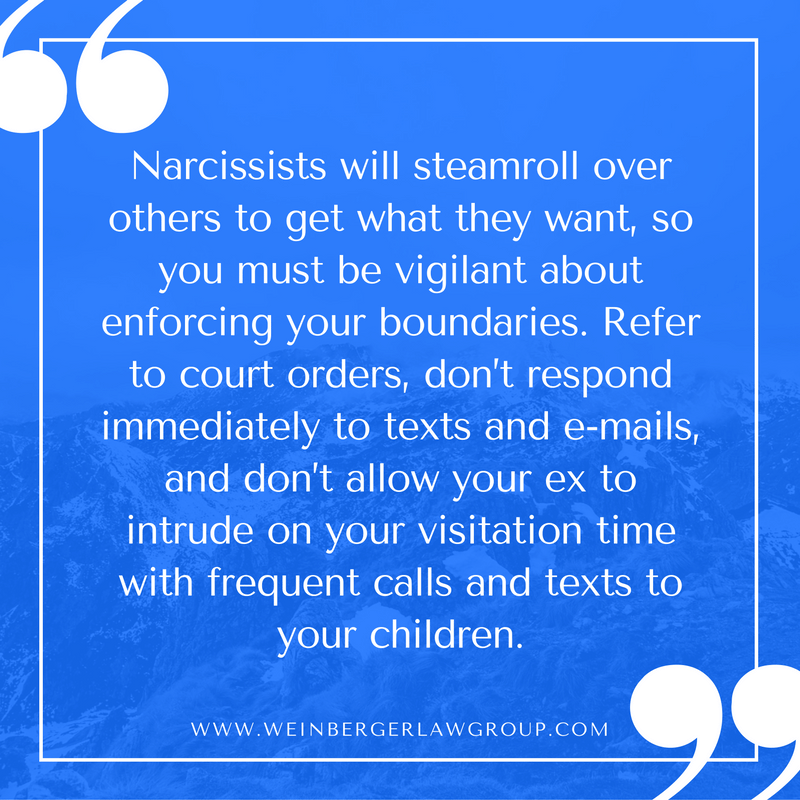My Daughter Is Divorcing a Narcissist — How Do I Help? (Part I)

If your adult child is going through a divorce with a high-conflict ex, you’re probably feeling their pain – and your own. You may feel angry or betrayed by your former in-law’s behavior. You may worry that your grown child isn’t making the best legal decisions. And if you have grandchildren, you’re no doubt concerned about how they’ll cope.
How can you support your adult child while respecting his or her right to make their own choices? Read on to learn how Angela helped her daughter deal with her narcissistic ex.
Understanding The High-Conflict Personality
Angela had always considered her son-in-law Jay to be difficult, but she was stunned by the degree of hostility he exhibited when her daughter Chelsea filed for divorce. Angela kept telling Chelsea Jay would eventually calm down and “get over it” like any other reasonable person. Instead, Jay just became more vindictive, terrorizing Chelsea via never-ending hostile emails, threatening to leave her penniless, bad-mouthing her to their three children, and filing a motion for full custody. Desperate to understand what made Jay do the things he did, Angela began researching high-conflict personalities (HCPs) and learned that they exhibited the same traits as her son-in-law:
- Black-and-white thinking. HCPs are inflexible in the way they approach problems. They believe there is only one solution – theirs. Anyone who challenges their belief is a threat to their worldview and becomes an opponent.
- Emotional reactivity. HCPs have extreme emotional reactions that are out of proportion to actual events. They yell, cry, pout, or sink into a pit of despair. Their reactions manipulate others into giving them what they want.
- Dramatic behaviors. The HCPs’ distorted worldview and emotional reactivity leads to extreme behaviors: cyberbullying, threats, lawsuits, custody battles, and sometimes violence.
- Blame. HCPs blame others to avoid taking responsibility for their part in problems. In the case of divorce, the target of blame is usually their ex, and anyone associated with their ex.
The term “high-conflict personality” is a blanket term for those who have features of, or full-blown, personality disorders, most commonly Narcissistic Personality Disorder and Borderline Personality Disorder. Narcissistic individuals like Angela’s former son-in-law are terrified of feeling inferior while borderline individuals are afraid of being abandoned. Both these experiences – inferiority and abandonment – tend to get triggered during the breakdown of a marriage, paving the way for high-conflict divorce.
Managing Divorce From A High-Conflict Personality
After doing her research on divorcing a narcissist, Angela understood that Jay needed to blame Chelsea in order to make himself feel better about the end of their marriage, and in tact family. No wonder her phone calls and emails entreating him to get along with Chelsea for the sake of the kids weren’t well-received! So how could she help her daughter get along with someone who acted like a terrorist?
Read Part II to find out what strategies Angela learned to deal with her daughter’s high-conflict divorce.
Have questions about divorce? child custody? asset division? and more? We can help. Please contact us to schedule your initial consultation with one of our compassionate attorneys. Why wait to feel peace of mind? Call today: 888-888-0919, or click the button below.
Schedule an Initial Consultation



